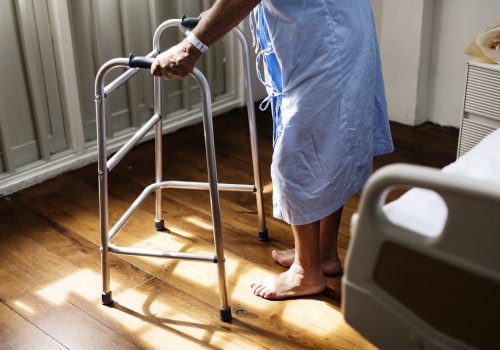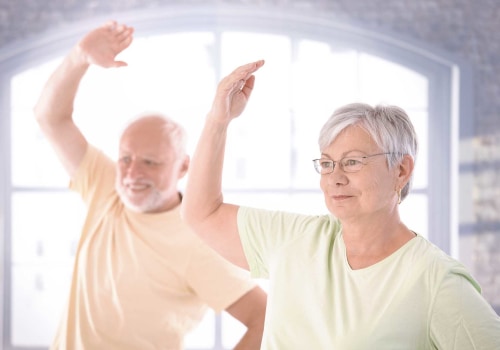As a senior, you may be looking for financial assistance to cover the costs of healthcare. Fortunately, there are a number of programs available to help you. Medicaid is a health care plan for older people with very limited financial resources. Eligibility varies by state, but if you qualify for SSI, you should also qualify for Medicaid.
Volunteers of America provides help to seniors through a variety of service programs, such as meal programs, transportation, Medicare enrollment support, nursing care, affordable housing, and more benefit programs for low-income seniors. Senior Living is one of the most comprehensive databases of housing options for seniors, ranging from independent housing to palliative care. Retirement Jobs helps older people overcome age prejudice by connecting them with companies looking for skills and experience. They also offer resume reviews to help you get the job you want.
Dental Lifeline Network is a nonprofit organization dedicated to offering benefit programs such as access to dental care. The organization provides help with dental costs through its state or national dental programs. Most of their programs work through a network of dentists and volunteer dental laboratories in the U. S.
UU. ICanConnect is based in all 50 states and provides training and equipment for older people with significant hearing and vision loss. The program helps cover the cost of computers, braille displays, smartphones, tablets, and more. The government benefits programs for seniors offered by the USDA come in the form of loans and grants for the repair of single-family homes.
These grants come with eligibility requirements and the loans are offered at a fixed interest rate of 1% over a 20-year term. The Department of Housing and Urban Development offers several programs for low-income seniors who need help to supplement their income. Homeowners age 62 and older who have paid their mortgage may qualify for the HUD reverse mortgage program or for subsidized property if you rent. The Senior Farmers Market Nutrition Program ensures that low-income people have access to locally grown produce.
Eligibility restrictions apply and your total household income must be within 185% of the federal poverty level. People age 60 and over may be eligible to receive food packages from the Commodity Supplemental Food Program. Social security beneficiaries can apply for personal or spousal retirement benefits, as long as they are at least 62 years old. The National Council for Seniors program called BenefitsCheckUp is a directory of government programs that are available across the country.
From medications and healthcare to tax breaks and employment for seniors, there are more than 2,500 benefit programs that offer help to older people. For example, older people may be able to get legal assistance from Elder Justice, while LGBT seniors may qualify to receive resources from SAGE. Section 202 housing is available for people over 62 with low incomes or families with at least one older member.




